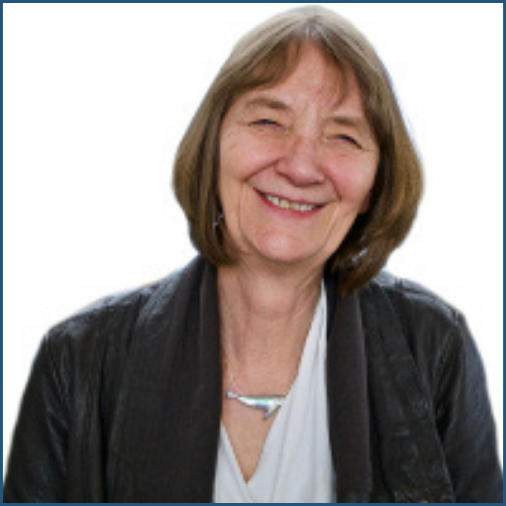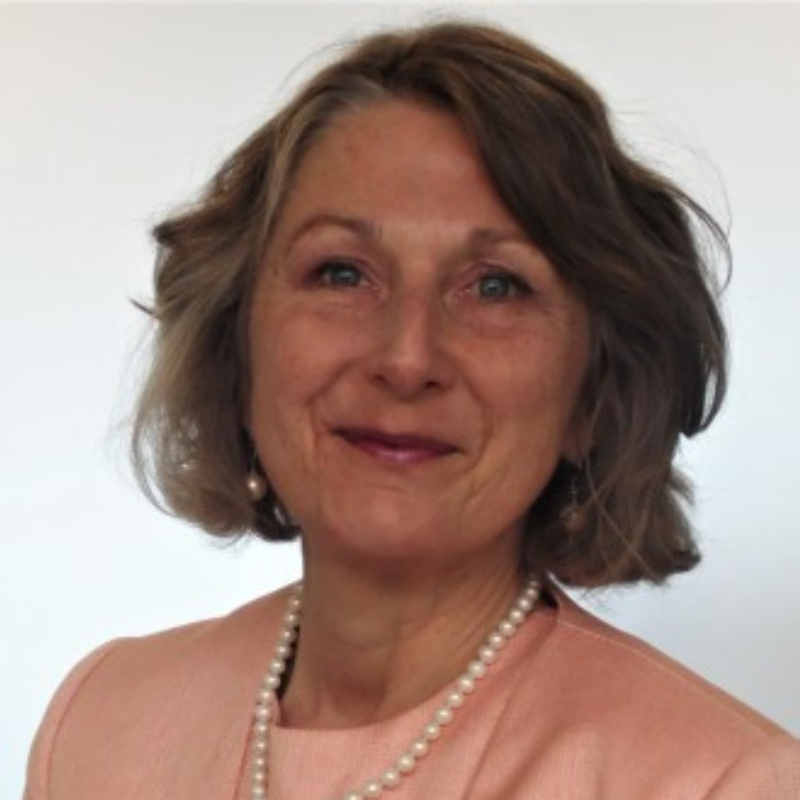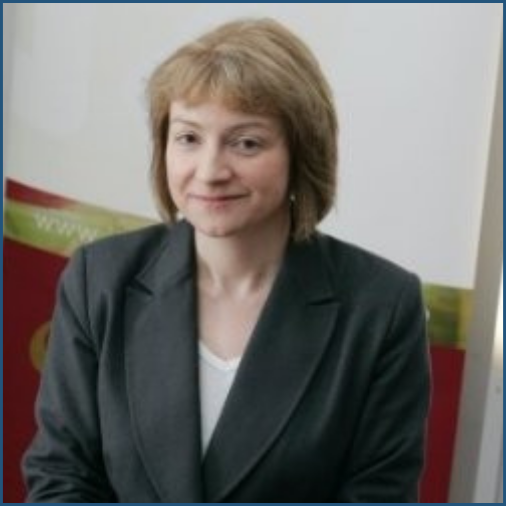This conference discusses the development of open government in Scotland's public bodies and services against the backdrop of the current and next Open Government in Scotland Action Plan published by the Scottish Government and the Scottish Open Government Network. It considers the roles of deliberative democracy, accountability, digital empowerment and co-production in decision making about the shape and funding of public services. It focuses on these opportunities in the context of ambitions on social justice, climate change and achieving net zero and in the immediate challenge of coronavirus pandemic and all its consequences for government and society.
In 2019 Michael Russell MSP, Cabinet Secretary for Government Business and Constitutional Relations, Scottish Government, said "Openness is a core value of the refreshed National Performance Framework, and I see our involvement in Open Government as one way of achieving transformative change in how we govern." Open Government in Scotland Action Plan 2018-2020, January 2019
Scotland and all its public bodies now face a range of powerful and demanding challenges which require leadership, focus and collective resolve. The scale of action needed to combat climate change and deliver net zero, manage the consequences of Brexit and address the continuing gap between public expenditure and public expectations for public services are durable and daunting enough. Adding the economic, societal and personal consequences of emerging and immediate threats, such as coronavirus, and the more routine activities of regular policy decision making for all public bodies makes it difficult to reach the best outcomes.
How can these challenges be met in ways which are inclusive, sustainable and just? The advent of open government in Scotland as a way of designing, commissioning and delivering services across all public bodies - and from the highest to the lowest level of government - presents an opportunity for much more representative decision making. Can it make easy decisions more durable and tough decisions more sustainable?
This conference is structured to discuss open government in Scotland in three parts:
Benefits of attending:
Who should attend:

Head of Open Government
Scottish Government

Former Scottish Public Services Ombudsman and Scottish Information Commissioner

Director, Campaign for Freedom of Information in Scotland and Public Policy and Human Rights Consultant
Ewart Communications

Audit Director
Audit Scotland

Global Steering Committee Civil Society Member
Open Government Partnership

Policy and Campaigns Officer
SCVO
09:25 Chair's Opening Remarks
Richard Kerley, Professor of Management, Queen Margaret University
Session One
09:30 Delivering on the Open Government in Scotland Action Plan in Pandemic and Beyond
Doreen Grove, Head of Open Government, Scottish Government
09:45Deliberative Democracy and Citizen Participation
Lucy McTernan, Global Steering Committee Civil Society Member, Open Government Partnership
10:00 Question and Answer Session
10:15 Comfort Break
Session Two
10:30 The Need to Know Who Regulates, Who is Accountable and How to Get Answers
Carole Ewart, Convener, Campaign for Freedom of Information in Scotland
10:45 Information as the Currency of Accountability
Rosemary Agnew, Scottish Public Services Ombudsman
10:45 Question and Answer Session
11:15 Comfort Break
Session Three
11:30 Financial and Performance Transparency - What do we spend, what do we get?
Michael Oliphant, Audit Director, Audit Scotland
11:45 The Value of Scottish Civil Society
Paul Bradley, Policy and Campaigns Officer, SCVO
12:00 Question and Answer Session
12:15 Chair's Closing Remarks
Richard Kerley, Professor of Management, Queen Margaret University

Doreen Grove
Head of Open Government
Scottish Government
Doreen leads Scottish Government’s involvement in the Open Government Partnership at both a National and International level. In Scotland, Open Government supports the reform of public services, the renewal of democracy, promotes openness, transparency and the use of innovative participative processes to help transform how people interact with public services.
Doreen moved into the Scottish Government Strategy Unit during the extraordinary times building up to the Independence Referendum, which as an Archaeologist and Historian, seemed a really interesting way to observe history at first hand. The change has provided her with a broad perspective on the world in which we live and the systems that affect us over time.
Doreen is also a member of the OGP Practice Group on Dialogue and Deliberation.

Rosemary Agnew
Former Scottish Public Services Ombudsman and Scottish Information Commissioner
Rosemary Agnew took up the post of Scottish Public Services Ombudsman on 1 May 2017, leaving office in 2025. Immediately prior to this she was the Scottish Information Commissioner (2012-2017).
Since 2001, Rosemary has held various roles in relation to public sector complaints, including with the Scottish Legal Complaints Commission and the Local Government Ombudsman in the UK.
Rosemary's career has seen a committment to transparent, sustainable improvement in Scottish public services - most recently seeing complaints and what is learned from them as an integral part of the improvement landscape.

Carole Ewart
Director, Campaign for Freedom of Information in Scotland and Public Policy and Human Rights Consultant
Ewart Communications
Carole Ewart is Director of the Campaign for Freedom of Information in Scotland and works to ensure that the enforceable right to access information in Scotland is strong and accessible.
Carole is also an independent consultant who has worked on human rights, social justice and public policy issues for 31 years, primarily in the 'not for profit' sector. She has broad experience of working with CEOs and staff at all levels and in over 100 organisations, large and small.
Her specialies cover: Equality and disability, independent living, health, stopping violence, children and families, justice. She advises on drafting and applying a Human Rights Based Approach (HRBA), using Human Rights Impact Assessments (HRIA), access to information, consultation, engagement, accountability in public services, delivery of UN ratified Treaties in UK /Scottish law and practice, legal reform, building networks and influencing.

Michael Oliphant
Audit Director
Audit Scotland
Michael joined Audit Scotland in 2004 and has extensive experience of delivering financial and performance audits across central government, local government and the NHS. He is currently the engagement lead for the audit of the Scottish Government, including the annual Consolidated Accounts and European Agricultural Fund Accounts. In 2009, he was seconded to the Scottish Parliament to help establish the Parliament’s Financial Scrutiny Unit. He is a Fellow of the Chartered Institute of Public Finance and Accountancy and holds degrees in Economics and Finance from the University of Stirling and the University of Edinburgh. Originally from Kilmarnock, he now lives in Midlothian.

Lucy McTernan
Global Steering Committee Civil Society Member
Open Government Partnership
Lucy is a civil society member of the Global Open Government Partnership Steering Committee, and also of the Scottish and UK-level OGP multi-stakeholder fora. She is currently doing PhD research on global civil society movements with the University of York. She has a 25 year career in the Scottish voluntary sector, most recently as acting Chief Executive of the Scottish Council for Voluntary Organisations, and previously as CEO of Citizens Advice Scotland. She has also worked as an adviser to the Scottish Government, and as a consultant on governance matters. She served on the grant giving committees of the Big Lottery Fund for seven years, as trustee for human rights and childcare organisations, and was a founder of the Scottish Voluntary Sector Credit Union.

Paul Bradley
Policy and Campaigns Officer
SCVO
Paul’s experience covers policy making, planning campaigns and public affairs activity in the voluntary sector. Particularly relevant to open government, he set up and coordinates SDG Network Scotland and played a lead role in securing Scotland’s first national review on progress towards the UN Sustainable Development Goals (SDGs), especially through championing the principles of transparency, participation, and accountability in relationships between government and civil society. He currently works on voluntary sector funding and promoting the sector’s place in Scotland’s economy.
Online
Fees
How to book
You can book to attend, or order the video only, in 3 ways:
Select book now on the right hand side of this page, fill in the form on that page and click the 'send booking' button
Call 0131 556 1500
Email mail@mackayhannah.com
Conference fees
Delegate fee (includes video recording) – £149 +VAT
Video recording (should you wish to purchase a video recording without registering to attend the conference) – £99 +VAT
Group discount – organisations booking 3 or more delegates will receive every third delegate place free of charge (please complete further forms if necessary)
Payment
We do not currently accept payments online and will send you an invoice.
You have the option of paying by BACS or card.
BACS details will be included on the invoice.
If you wish to pay by card, please tick the appropriate box on the booking form and a member of our staff will contact you by telephone to take the payment. Alternatively you may call 0131 556 1500.
Book delegate places or purchase video recording.

